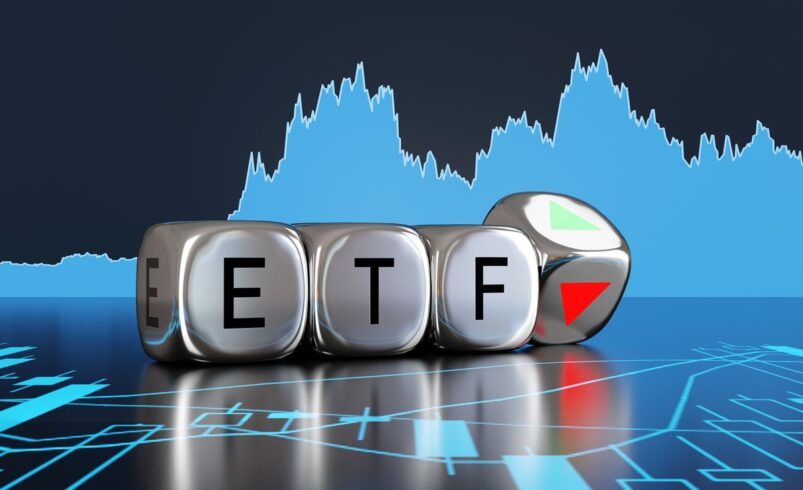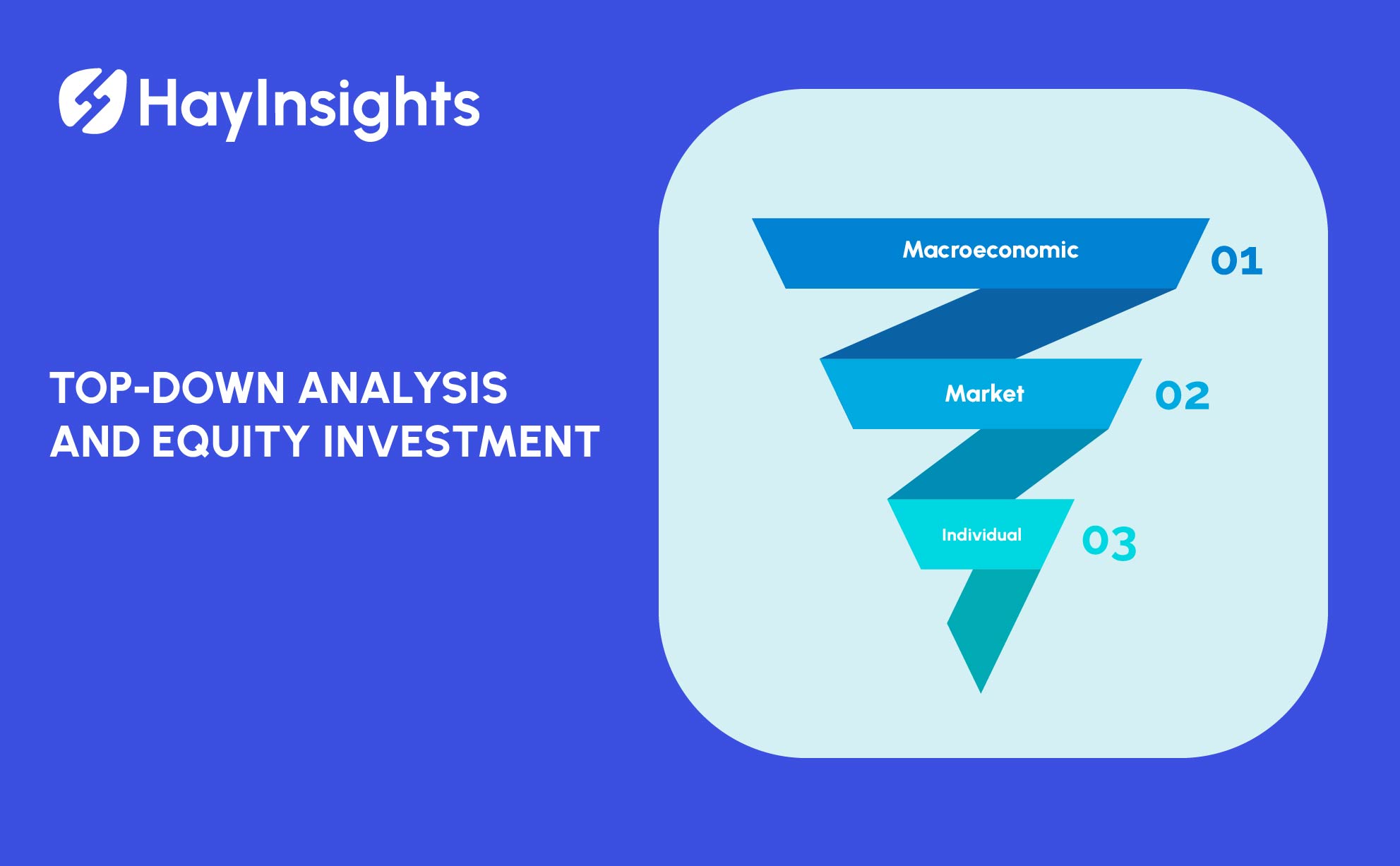
ESG Trading in Japan: A Comprehensive Outlook 2024
ESG (Environmental, Social, and Governance) trading has gained significant traction in Japan in recent years, as part of a broader movement towards sustainable finance. Japan has made substantial efforts to integrate ESG principles into its financial markets, driven by both regulatory changes and increasing awareness of the long-term benefits of sustainability.
Here’s a breakdown of ESG trading in Japan, covering key developments, trends, and the future outlook.
1. Background of ESG in Japan
- Introduction to ESG: ESG refers to three key factors used to measure the sustainability and societal impact of an investment in a company or business. The idea is that incorporating environmental, social, and governance criteria into investment decisions can lead to long-term returns and reduce risks.
- History of ESG in Japan: Japan’s involvement in ESG investing began as part of a global shift towards responsible investing. Japan’s commitment to ESG grew significantly after the 2015 adoption of the Sustainable Development Goals (SDGs) and the Paris Agreement on climate change.
2. Government Initiatives Supporting ESG
- Japan’s Stewardship Code: Established in 2014 and updated in 2020, this code encourages institutional investors to engage more actively in corporate governance and promote sustainable practices among companies they invest in.
- Corporate Governance Code: Revised in 2021, this requires companies listed on the Tokyo Stock Exchange to improve disclosure on climate-related risks, diversity, and other ESG-related matters.
- TCFD Support: The Task Force on Climate-related Financial Disclosures (TCFD) has been strongly supported by the Japanese government. The TCFD encourages companies to disclose how climate change could impact their businesses. Japan is home to the world’s largest number of TCFD supporters, demonstrating its commitment to ESG transparency.
3. Role of the Government Pension Investment Fund (GPIF)
- Largest Pension Fund Integrating ESG: The GPIF, the largest pension fund in the world, has played a critical role in advancing ESG investment in Japan. The fund, which manages over $1.5 trillion in assets, has committed to integrating ESG factors into its investment processes.
- Collaboration with Index Providers: GPIF has worked closely with ESG index providers like MSCI and FTSE Russell, incorporating various ESG indexes into its passive investments.
- Impact on Market: Given GPIF’s size and influence, its move towards ESG has had a domino effect, encouraging other Japanese financial institutions and asset managers to prioritize ESG considerations.
4. Current ESG Trading Landscape in Japan
- ESG-linked Products: ESG-linked financial products have seen a significant rise in Japan, with increasing numbers of exchange-traded funds (ETFs), green bonds, and sustainability-linked bonds. Japan has become one of the leading Asian markets for ESG-related investments.
- Green Bonds: Issuance of green bonds has surged in Japan. These bonds are designed to fund environmentally-friendly projects. In 2021 alone, Japan issued billions in green bonds, part of a broader push to meet carbon neutrality by 2050.
- Sustainability-Linked Bonds: These are also gaining popularity. Companies issue these bonds with interest rates tied to the achievement of sustainability targets.
5. Key Players in ESG Investing
- Institutional Investors: Apart from GPIF, other institutional investors like Sumitomo Mitsui Trust Asset Management, Mitsubishi UFJ Trust and Banking, and Nomura Asset Management are taking the lead in promoting ESG investments.
- Tokyo Stock Exchange (TSE): The TSE has been active in promoting ESG through the creation of ESG-specific indices and encouraging listed companies to enhance their sustainability disclosures.
- Banks and Financial Institutions: Major banks like Mizuho, Mitsubishi UFJ Financial Group (MUFG), and Sumitomo Mitsui Financial Group (SMFG) are involved in financing renewable energy projects and issuing ESG-related bonds.
6. Challenges in ESG Adoption
- Disclosure Standards: While ESG is gaining momentum, one challenge remains the lack of standardized and consistent ESG disclosure across companies. Despite efforts by the TCFD and Japan’s Financial Services Agency (FSA), there is still variation in how companies report on ESG-related risks and opportunities.
- Cultural Factors: Japan’s corporate culture, with its traditionally strong focus on stakeholder relationships and long-term planning, aligns well with ESG principles. However, companies may need to adjust further to enhance transparency, particularly around governance issues.
7. Future Prospects for ESG in Japan
- Carbon Neutrality Goals: Japan has set a target of achieving carbon neutrality by 2050. This ambitious goal will drive even more capital towards ESG-aligned investments, especially in clean energy, sustainable technology, and green infrastructure.
- Growing Awareness Among Investors: Both institutional and retail investors in Japan are becoming more aware of the benefits of ESG investing. Younger generations, in particular, are increasingly focused on sustainable and ethical investing, which will likely drive continued growth in ESG markets.
- Technological Innovation: Advances in fintech and blockchain could also play a role in ESG trading, particularly by improving transparency and traceability in the supply chain, ensuring that investments are truly sustainable.
8. Conclusion: The Road Ahead
ESG trading in Japan is rapidly evolving, supported by government initiatives, leading institutional investors, and growing market demand. As Japan continues to prioritize sustainability and governance reforms, ESG investments are expected to become an integral part of the country’s financial landscape. The focus on achieving carbon neutrality by 2050 and further adoption of global standards will likely keep Japan at the forefront of ESG in Asia.
For more Japanese financial data, visit HayInsights













